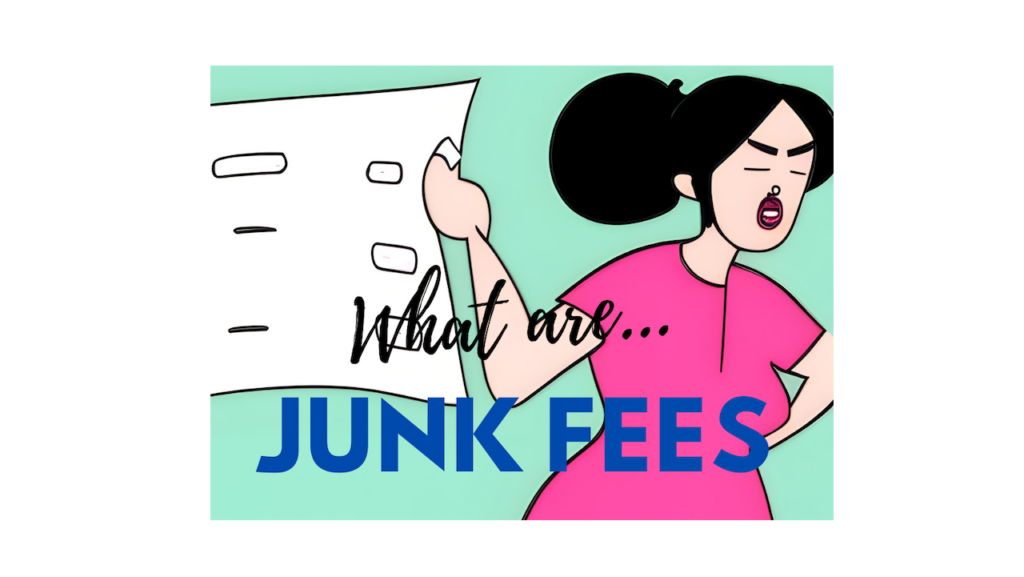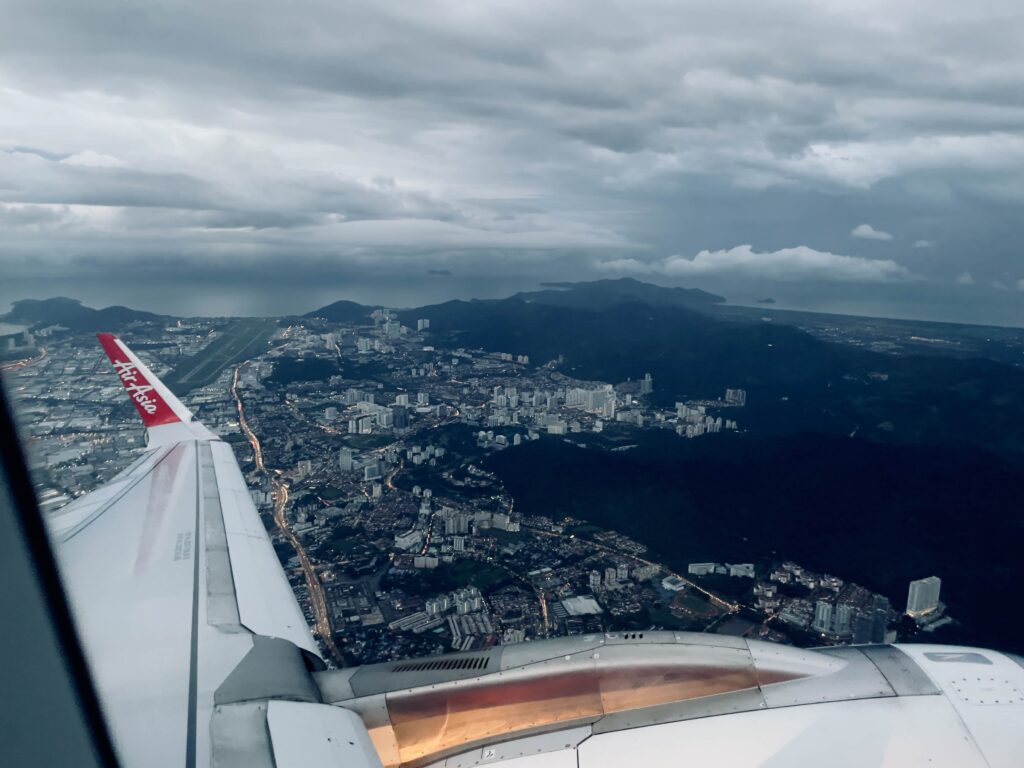พอได้ยินคำว่า “Junk” ส่วนใหญ่เราก็จะคิดถึง ขยะ หรือ อะไรที่เรามองว่ามันเป็นสิ่งที่ไม่มีประโยชน์แล้ว แต่พอเราเอาไปรวมกับคำว่า Fees เป็น “Junk fees” จะได้เป็นคำศัพท์ที่ให้ความหมายใหม่ไปเลย อ่านบทความนี้เพื่อดูความหมายของ Junk Fees กันค่ะ ใบ้ให้ว่าเป็นอะไรที่เราเจออยู่ในชีวิตประจำวันตลอดเลย
ระดับความยาก : 2

“Junk” is not a good thing, right? Junk is garbage, something broken, rotten or spoiled.
You know when you go online to book a flight or hotel room and you see one price that looks OK but after you click the “buy now” or “book now” button the total is higher? It’s not just higher because of VAT. Companies use hidden charges, also called “junk fees,” to get us to pay more.
This is one example of what is called “bait & switch,” which means we are shown something we want for sale at a price we are happy with but later either the product or the price is changed (“switched”).
Junk is Everywhere
This is a bad trend that is happening all over the world. Customers are unhappy. They feel like they are being cheated. Governments are saying “enough is enough!” In the US, the president has proposed a “Junk Fee Protection Act” that would set rules for the selling of concert tickets, hotels and resorts, sporting events and flights. Closer to home, ASEAN has named “junk fees” (and “drip pricing,” which is when a few junk fees, like water dripping from a faucet, are added to your bill) as a problem.
Here are some examples of junk fees (do any of these sound familiar?):
- “service fee”
- “resort fee”
- “processing fee”
Not the Same
One reason it’s confusing for consumers is because different kinds of companies act differently. When we go to the supermarket and we see the price of, for example, eggs, we expect to pay the amount on the price sticker plus 10% VAT. The supermarkets don’t charge a “processing fee” because you use a credit card or transfer from your bank. And they don’t charge you a “service fee” when you pay cash.
But some “low-cost” airlines do this when you book a flight online. Confusing!

Do Thai Consumers Deserve Better?
Unfortunately, in most countries such as Thailand, it seems companies can do whatever they want, right?
Wrong. You don’t need to look far to see an example of a government doing something about junk fees. Next door in Malaysia, consumers are spared the “processing fees” that we pay. Back in 2019, the government there pressured airlines to change how they showed prices and set rules for refunds. They even fined Air Asia for not making changes quickly enough.
It would be nice if a future government here fights for us in a similar way.
คำศัพท์ที่น่าสนใจในบทความ
- hidden (adj) ซึ่งปกปิด, ซึ่งแฝงเร้น, ซึ่งซ่อน, ที่มองไม่เห็น
- faucet (n) ก๊อกน้ำ
- processing (n) การดำเนินการ
- confusing (adj) น่าสับสน, ไม่ชัด, ยุ่ง, สับสน, งงงวย
- consumer (n) ผู้บริโภค
- expect (vt) คาดว่า, คาดหวัง, คาดการณ์, คาดหมาย, คาดคะเน, คาดหมายว่า, หวังว่า, ปรารถนาว่า
- spare (vt) สงวนไว้, เก็บไว้, ประหยัด
- refund (n) (จำนวน) เงินที่คืนให้, การคืนเงินให้
![]() มีคำศัพท์คำไหนที่อยากให้อธิบายด้วยภาษาอังกฤษอีกบ้างไหมครับ ส่งเมลมาที่ [email protected] ได้เลยครับ
มีคำศัพท์คำไหนที่อยากให้อธิบายด้วยภาษาอังกฤษอีกบ้างไหมครับ ส่งเมลมาที่ [email protected] ได้เลยครับ
![]()



